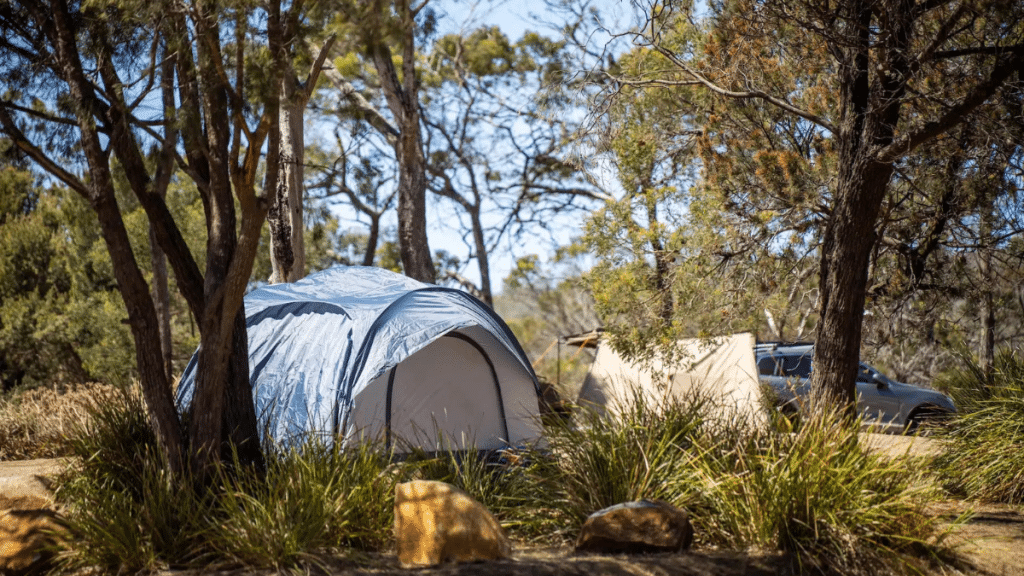Australia is a dream destination for campers, thanks to its diverse landscapes—from sun-kissed beaches and lush rainforests to rugged outback deserts. Whether you’re pitching a tent beneath the stars or parking your campervan beside the ocean, there’s no shortage of picturesque spots to set up camp. But while the freedom of the open road is enticing, there are a few legalities you need to know before unrolling your sleeping bag. Understanding what you can and can’t do legally while camping in Australia is essential to avoid fines, respect local communities, and preserve the country’s natural beauty.
Where Can You Legally Camp in Australia?
Australia offers a variety of legal camping options including national parks, state forests, holiday parks, and designated free camping areas. Paid sites such as caravan parks and commercial campgrounds usually provide amenities like toilets, showers, BBQs, and electricity. These are great options if you’re looking for a more comfortable experience or traveling with family.
Free camping, or “freedom camping,” is legal in many parts of Australia, but it’s important to note that not everywhere is fair game. You can legally camp in rest areas, council-approved free campsites, and some areas in state forests, provided there are no signs stating otherwise. Apps and websites like WikiCamps and CamperMate can help identify legal and safe camping zones.
One popular and legal choice for campers along the NSW coast is Forster beach parks—a beautiful area with designated camping and caravan facilities close to the water, offering both convenience and natural beauty without breaking any rules.
Where You Cannot Camp
While free camping might sound like a cheap and adventurous option, setting up anywhere you like is not allowed. Camping on private property without permission, in urban parks, or near popular tourist spots that lack designated facilities is illegal and can result in hefty fines.
You’ll often see “No Camping” or “No Overnight Stays” signs in coastal towns and city outskirts. These are strictly enforced, particularly during peak seasons. Local councils have cracked down on illegal camping due to environmental damage, littering, and the strain on public facilities. It’s important to respect these regulations not only to avoid fines but to maintain a good relationship between travelers and the communities they visit.
Rules Around Fires and Waste
Campfires are a beloved part of the camping experience, but you can’t just light one anywhere. Fire bans are often in place during hotter months, especially in bushfire-prone regions. Always check the local fire authority’s website or campground guidelines before lighting a fire. If fires are allowed, use established fire pits and never leave a fire unattended.
Another key rule is proper waste disposal. Dumping rubbish, food scraps, or greywater in the bush is illegal and harmful to the environment. Many campgrounds provide waste disposal facilities—use them. If you’re in a remote location, follow the “Leave No Trace” principle: pack it in, pack it out.
Can You Sleep in Your Car or Campervan?
Sleeping in your vehicle is legal in many areas, but again, not everywhere. Some towns allow overnight stays in rest areas or dedicated zones, while others have banned the practice entirely due to past misuse. Always look for signage and use official campgrounds or designated areas when unsure.
Respect Local Wildlife and Communities
It’s illegal to feed native wildlife, and doing so can have dangerous consequences for both animals and humans. Keep a respectful distance and store food securely. Also, keep noise to a minimum, especially at night. Disturbing the peace can land you in trouble, especially in populated campgrounds.
Final Thoughts
Camping in Australia is a unique and rewarding experience, but it comes with responsibilities. Doing a bit of research before you hit the road ensures a hassle-free trip that’s respectful to the land and local communities. Whether you’re staying at well-known destinations like Forster beach parks or exploring remote bushlands, always camp legally—and leave each place better than you found it.
